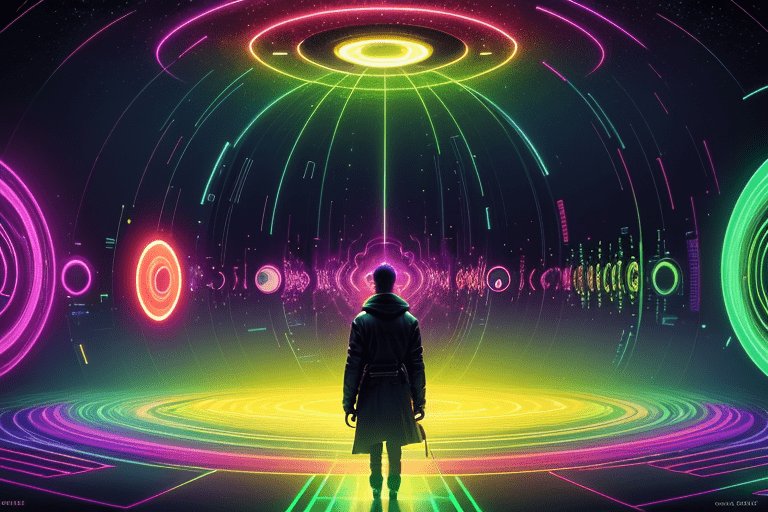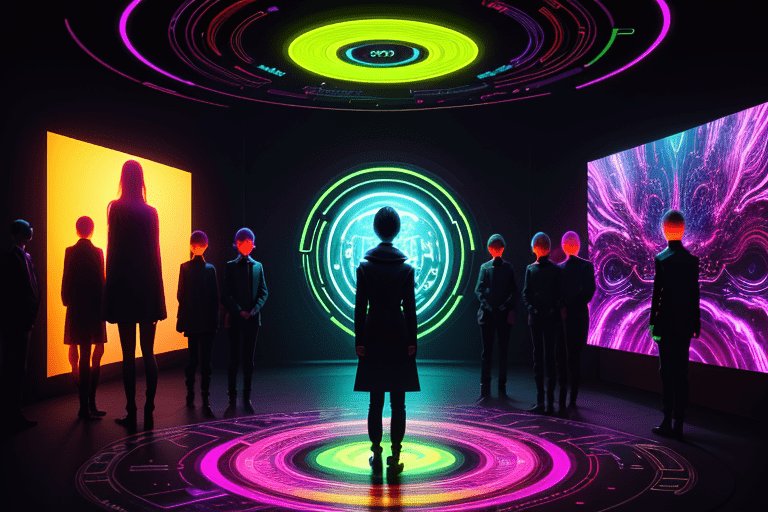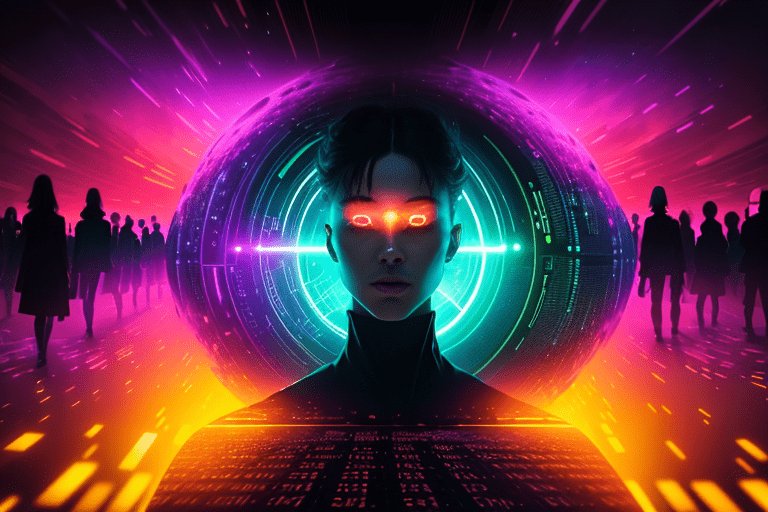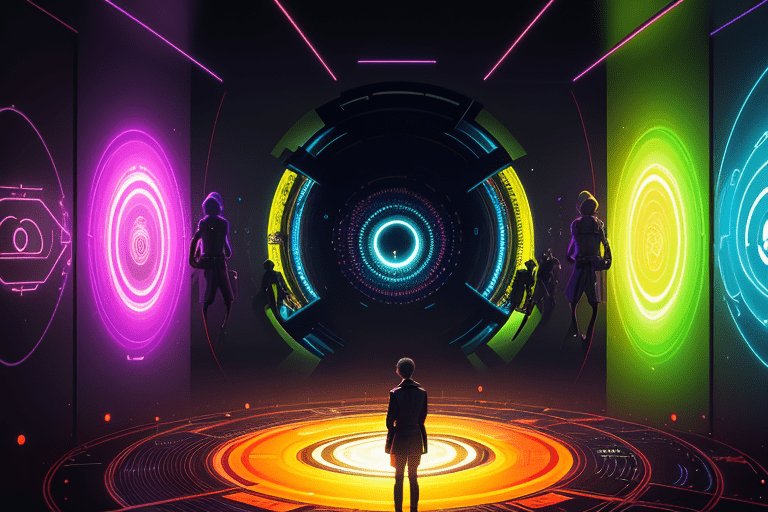The Matrix: Exploring reality, identity, and consciousness

A science fiction film that seamlessly blends stunning action sequences with philosophical ideas, “The Matrix” continues to captivate audiences years after its release in theaters over two decades ago. The movie presents a central premise that humanity is living in a computer-generated simulation known as the Matrix, created by machines to control and subjugate humans. Drawing upon a range of philosophical concepts and ideas, the film explores themes such as reality, truth, identity, freedom, and consciousness in a thought-provoking and exhilarating way.
One of the most prominent philosophical ideas in The Matrix is the concept of skepticism. The movie raises the question of how we can be certain that the reality we experience is genuine. This theme is evident in the opening scene where the protagonist, Thomas Anderson (Keanu Reeves), a computer programmer who goes by the hacker name Neo, is seen typing at his computer, searching for the truth about the Matrix. This scene immediately sets up the idea of skepticism that pervades the film. Neo’s search for the truth leads him to Morpheus (Laurence Fishburne), who tells him that the reality he has known his entire life is nothing more than an illusion. This idea of skepticism is a core philosophical concept that is explored throughout the movie.
Another philosophical idea that The Matrix explores is the nature of reality. The movie portrays a world in which the reality humans experience is not the actual reality. Instead, it is a virtual reality created by machines to control humans. This raises questions about the nature of reality and how we can distinguish between what is real and what is not. This theme is further explored in the iconic scene where Morpheus offers Neo a choice between two pills – the blue pill, which will allow him to continue living in the illusion, and the red pill, which will open his eyes to the true nature of reality. The movie suggests that reality is not something that can be easily discerned and raises questions about what it means to be truly aware of the world around us.

The Matrix also explores the concept of free will and determinism. The movie suggests that humans are not in control of their lives and are instead controlled by machines. The idea of determinism is explored in the scene where Morpheus tells Neo that he is not in control of his life and that his actions are predetermined by the machines. However, the movie also suggests that humans have the power to make choices and change their destiny. This is evident in Neo’s decision to take the red pill and his subsequent actions to free humanity from the Matrix. This theme raises questions about the extent to which we are free to choose our own destiny and the role that external factors play in shaping our lives.
Identity is another philosophical concept that The Matrix explores. The movie raises questions about how we define ourselves and what it means to be human. The characters in the movie are all living in a virtual world that is designed to control them and strip them of their individuality. However, the movie suggests that it is possible to break free from this control and reclaim one’s identity. This theme is evident in the scene where Neo discovers that he is “The One” and has the power to control the Matrix. This realization leads him to embrace his identity and take control of his own destiny.

Finally, The Matrix explores the concept of consciousness. The movie suggests that consciousness is not something that is limited to humans but can also exist in machines. This theme is evident in the character of Agent Smith (Hugo Weaving), a sentient program that is able to think and act independently. The movie raises questions about the nature of consciousness and whether it is something that can be artificially created.
The Matrix is a groundbreaking film that uses a range of philosophical concepts and ideas to explore themes such as reality, truth, identity, freedom, and consciousness. Through its visually stunning and action-packed narrative, The Matrix challenges the viewer to question their perceptions of reality and consider the nature of the world around them. It offers a thought-provoking examination of fundamental philosophical ideas and leaves a lasting impression on its audience, cementing its status as a classic of the sci-fi genre.







